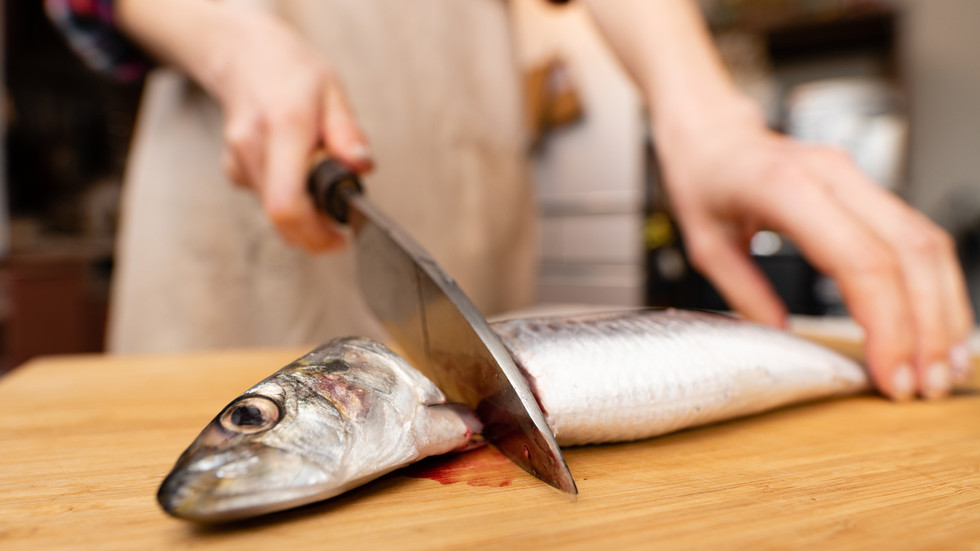
The ban is due to food contamination fears after the release of wastewater from the crippled Fukushima nuclear plant
© Getty Images / Hakase_
The Russian government on Monday introduced a temporary ban on imports of seafood from Japan, after Tokyo released treated radioactive water from the damaged Fukushima nuclear power plant into the sea.
According to a statement released by Rosselkhoznadzor, the Russian regulator responsible for food safety, the restrictions will be in place until the safety of aquatic products is confirmed to be in compliance with Eurasian Economic Union requirements.
In August, China – Japan’s biggest importer of fish – barred imports of all seafood from the country, extending a previously introduced measure prohibiting seafood purchases from ten Japanese prefectures around the Fukushima plant.
This was in response to Tokyo’s decision to dump around 1.3 million metric tons of wastewater, equivalent to about 500 Olympic-size swimming pools, from the striken plant. The discharge into the Pacific Ocean started on August 24, 12 years after the Fukushima plant experienced a catastrophic meltdown following a 9.0-magnitude earthquake and subsequent tsunami.
The Fukushima meltdown has been ranked the world’s worst nuclear accident since Chernobyl in 1986.
READ MORE:
China bars seafood from Japan
The Japanese government has repeatedly stressed that the water release is safe and that the International Atomic Energy Agency (IAEA) has backed the plan, finding it to be “consistent with relevant international safety standards” with a “negligible” effect on people and the environment.
South Korea has also extended a ban on the import of fish and seafood from eight prefectures in Japan, including Fukushima, introduced in 2013.
For more stories on economy & finance visit RT’s business section




